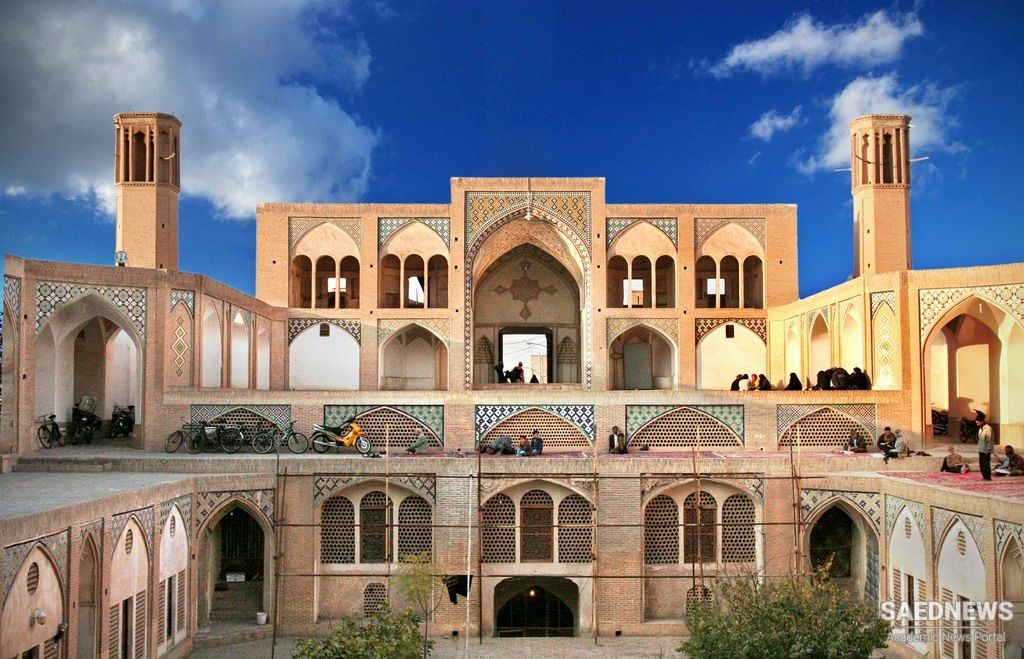The Saffarid empire in its heyday under Ya'qub and 'Amr was essentially a military creation based on force of arms alone; in an anecdote told by Nizam al-Mulk, Ya'qub boasts to the caliph's envoy that he has achieved his high position not through birth, like the 'Abbasids, but through his own boldness and valour. The Saffarids' unashamed proclamation of the superiority of force over the moral considerations which were supposed to underpin the temporal rule delegated by God to man, probably accounts for much of the hostility to them in the standard Muslim sources. On several occasions the amirs showed their contempt for the constitutional doctrine, generally observed by provincial governors, that all secular power derived from the caliph, and lesser rulers only had de jure authority in so far as they obtained investiture from the caliph and forwarded suitable tribute to him. Ya'qiib and 'Amr were prepared to fall in with this when it suited their purposes. Thus 'Amr was aware of the value of caliphal approbation in so strongly orthodox a province as Khurasan, and he made much of his campaigns against the 'Alids of the Caspian region and against the pagans of eastern Afghanistan, forwarding to Baghdad rich presents from the plunder gained there. Yet 'Amr always knew that the sword was mightier than the diploma, and he expressed this view volubly when in 28 5 /89s he received from al-Mu'tadid's envoy the investiture diploma for Transoxiana: "What am I to do with this? This province can only be wrested from Isma'il with the aid of 100,000 drawn swords." It is also said that cAmr was the first provincial ruler to place his own name in the khutba, until then only read in the name of the caliph, but the narrative of the Tdrikh-i Sis tan and other sources such as Narshakhi show that Ya'qub placed his own name in the khutba of his territories from 867 onwards. It is, indeed, abundantly clear that the caliphs and the Saffarids never trusted each other for one moment. The investiture diplomas were swiftly cancelled when Saffarid fortunes flagged, when there still seemed chances of restoring the Tahirids to Khurasan and when the rising power of the orthodox and obedient Samanids could be used against the Saffarids. In the Tdrikh-i Sistdn,, Ya'qub emphatically lays bare his hatred and mistrust of the 'Abbasids: "He used often to say that the 'Abbasids had based their rule on wrong-doing and trickery - 'Haven't you seen what they did to Abu Salama, Abu Muslim, the Barmakl family and Fadl b. Sahl, despite everything which these men had done on the dynasty's behalf? Let no one ever trust them!'"


 Decline of Power of Tahirids and Shia Revolutionary Movements in Tabaristan
Decline of Power of Tahirids and Shia Revolutionary Movements in Tabaristan














































